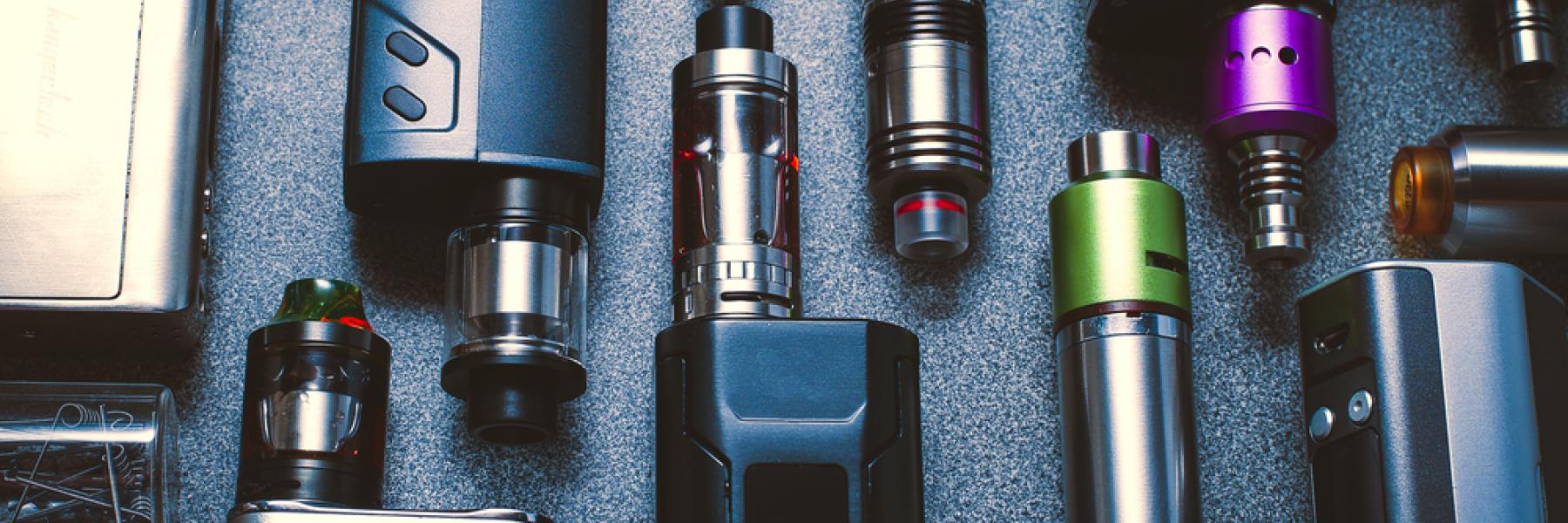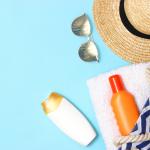
Vaping & E-Cigarettes
Electronic cigarettes or e-cigarettes, also known as vapes, are devices that produce vapourised liquids that are inhaled by users into the lungs. A common belief is that vapes are harmless compared to cigarettes. The reality is that vapes are not safe. Vapes contain a range of chemicals and may expose their users to toxins that are harmful to their health. Vapes come in different styles and types and can be made to look like everyday items like highlighters, pens or USB memory sticks
Vaping Facts
Vapes come in a lot of different flavours like fruit and candy that make them appealing to young people. Many vapes have nicotine, the same addictive substance found in cigarettes. Testing has found even vapes labelled as ‘nicotine-free’ can have high nicotine levels and can cause teens to unknowingly develop a nicotine addiction.
Facts about vaping for parents and carers:
-
Vapes can contain harmful chemicals often found in cleaning products, nail polish remover, weed killers or bug spray.
- Many vapes contain nicotine making them very addictive
-
Nicotine in one vape can equal 50 cigarettes. Depending on the size and nicotine strength, it can be more.
-
People who vape are three times more likely to smoke cigarettes.
-
Vape aerosol is not water vapour
-
Vapes have been linked to lung disease and can leave young people at increased risk of depression or anxiety.
-
Vapes can cause long-lasting damage affecting the brain and physical development.
- It is illegal to sell any vape to anyone under 18 years of age.
- It is illegal to sell nicotine vapes to anyone in NSW, unless over 18 and prescribed by doctor.
What you can do as a parent or carer
There are ways you can help protect your children from vaping:
-
Whether you suspect your child is vaping or not, take the time to talk to them about it and help them understand all the risks. It is never too late to have the conversation.
-
Try to start the conversation with your child in a relaxed easy-going way, perhaps taking the cue from around you, such as a note from school, a news story about it, or seeing people vaping on the street.
-
If your child is vaping, encourage them to stop, let them know that help is available, and you are there for them.
-
Learn about the different types of vapes available and the risks associated with using these products.
-
Set a good example by being tobacco or vape free.
-
Report those who are selling vapes to minors or selling vapes that have nicotine by completing the online reporting form or calling the Tobacco Information Line on 1800 357 412.
Translated resources are available from NSW Health in the below languages:
Support to quit vaping
-
Speak to your GP or health service about quitting vaping.
-
Quitline counsellors are available to answer any questions about vapes on 13 7848 (13 QUIT).
-
The Aboriginal Quitline, 13 7848, is a telephone-based confidential advice and support service run by Aboriginal counsellors.
-
The Cancer Institute NSW iCanQuit website supplies information on quitting methods, links to support groups and top tips to help young people quit.
-
Too much nicotine from vapes can cause nicotine poisoning. If you think someone has been poisoned by liquid nicotine, please call the Poisons Centre on 13 11 26 or 000 if it is an emergency. For more information see NSW Poisons Information Centre.
Source: NSW Health Tobacco & Smoking, Aboriginal Quitline, iCanQuit, NSW Poisons Centre
Related Topics

Internet usage for kids has increased in the last couple of years with more reliance on online learning and keeping up with social relationships.

Too much sun can cause sunburn, skin damage, eye damage, skin cancer and a weaker immune system.

Teens are more sensitive to social stimulus and are more influenced by their peers in early adolescence...

